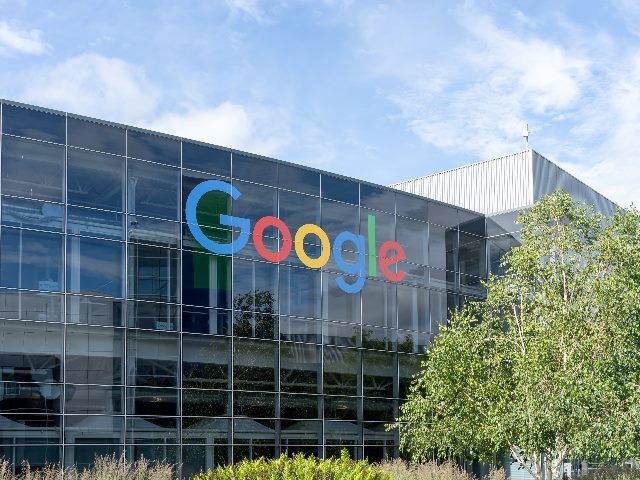The Gist
- Google's shift in cookie policy. Google has reversed its decision to end Chrome web cookies tracking, opting instead for a new experience that allows users to make informed choices about their browsing privacy.
- Privacy Sandbox continues. Despite the change in cookie policy, Google's Privacy Sandbox initiative remains active, focusing on improving online privacy while maintaining an ad-supported internet ecosystem.
- Ongoing regulatory feedback. Google's updated approach is shaped by feedback from regulators, publishers, and industry participants, aiming to support a competitive marketplace with enhanced privacy technologies and additional privacy controls in Chrome.
Come again, Google?
The search giant will not end Chrome web cookies tracking after all. Delays, more delays, more delays and ... abandonment. That summarizes Google's third-party cookie deprecation game plan the last four years (with the idea coming about in 2020).
In a blog post today, Google's VP of Privacy Sandbox Anthony Chavez said instead of deprecating third-party cookies, "we would introduce a new experience in Chrome that lets people make an informed choice that applies across their web browsing, and they’d be able to adjust that choice at any time. We're discussing this new path with regulators, and will engage with the industry as we roll this out."
Is that even official? We WOULD introduce? Seems like another noncommittal commitment. We shall see.
"We are proposing an updated approach that elevates user choice," Chavez wrote.
There it is, again: Proposal. Marketers, prepare for having to do more preparation in light of changes.
Google initially said the phaseout of third-party cookies web tracking in Chrome — where marketers and brands can track internet consumer behavior and serve up targeted advertisements and content — would end Chrome cookies tracking by 2022. It then delayed cookies deprecation to late 2023, then again to late 2024. And then again, setting up an early 2025 end date, as Google promised in April of this year.
And now, as of today, never?
It was all part of the Privacy Sandbox effort, a 2019 initiative which is still alive today, just without the cookies deprecation for now.
Related Article: Marketing Execs React to New Google Cookie Deprecation Timeline
Quest to Improve Online Privacy
"We developed the Privacy Sandbox with the goal of finding innovative solutions that meaningfully improve online privacy while preserving an ad-supported internet that supports a vibrant ecosystem of publishers, connects businesses with customers, and offers all of us free access to a wide range of content," Chavez wrote.
Feedback from regulators like the UK’s Competition and Markets Authority (CMA) and Information Commissioner's Office (ICO), publishers, web developers and standards groups, civil society and participants in the advertising industry helped Google "craft solutions that aim to support a competitive and thriving marketplace that works for publishers and advertisers, and encourage the adoption of privacy-enhancing technologies."
"As this moves forward," Chavez wrote, "it remains important for developers to have privacy-preserving alternatives. We'll continue to make the Privacy Sandbox APIs available and invest in them to further improve privacy and utility. We also intend to offer additional privacy controls, so we plan to introduce IP Protection into Chrome's Incognito mode."
Prioritizing First- and Zero-Party Data
Scott Opiela, CMO of Acoustic, said although Google no longer plans to deprecate third-party cookies, "the uncertainty and thrash that Google has created since the company began promising the demise of cookies underscores why brands shouldn’t rely heavily on third-party data sources."
Because Big Tech companies like Google create walled gardens around consumer data, brands have struggled to understand their customers on an individual level and form closer customer relationships, Opiela added.
"Brands must own their customer data rather than relinquishing control and relying on the unpredictable policies, roadmaps, and strategies of external sources," Opiela said. "Moving forward, first- and zero-party data collected through brands’ owned channels — like websites, email, SMS, and mobile push notifications — remain critical to engaging consumers effectively, future-proofing marketing operations and creating a customer engagement strategy that prioritizes consumer privacy."
The Push for Privacy-Friendly Advertising
Adam Schenkel, EVP, Global Platform Strategy and Operation, at GumGum, said Google's decision to delay the deprecation of third-party cookies represents a retreat on both cookies and broader privacy concerns. Regulators, consumers and even brands, he added, have recognized the privacy issues associated with cookies and have been working toward more privacy-friendly solutions.
"Google’s decision is shortsighted," Schenkel said, "especially as it relates to privacy."
Have a tip to share with our editorial team? Drop us a line:
